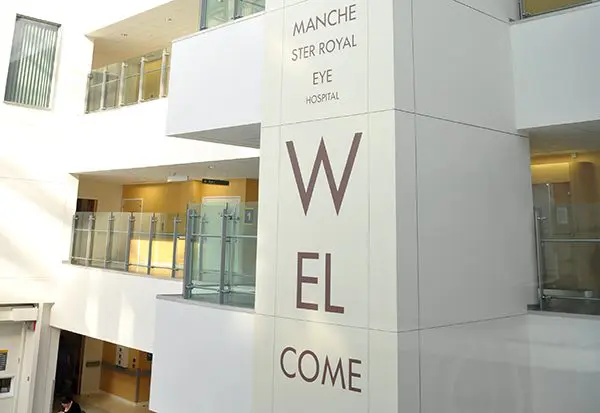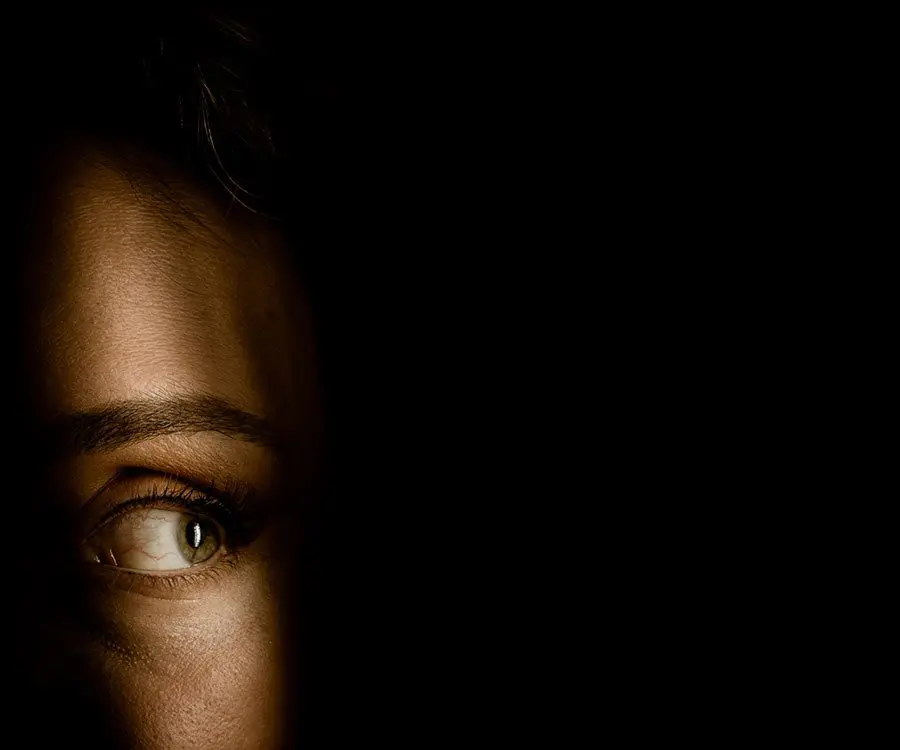
- Uncategorised

- News
In the News: Hospital Eye Services Face Increasing Demand

As you may have seen on the news this week, President of The Royal College of Ophthalmologists, Professor Carrie MacEwen was asked to appear on BBC Breakfast to discuss the current pressure on eye services within the NHS.
As many eye conditions and diseases are more common in people over 50, our aging population means there is inevitably, an increasing demand for NHS eye services, shown by hospital eye clinic attendance up by 30% in the last 5 years. Together with new technology and treatments now available for once untreatable conditions such as macular degeneration, this further adds to the strain on the NHS which can no longer be ignored.
While new targets put in place to reduce waiting times for ‘new’ patients is welcome, this system can and does distort clinical priorities for patients requiring long term treatment, as Professor Carrie MacEwen goes onto explain:
“The reality is that increasing demand for eye clinic appointments comes from patients with chronic eye diseases, such as macular degeneration, glaucoma and diabetic eye disease. These patients are the most vulnerable and at the greatest risk of irreversible loss of vision. These conditions require long-term ‘return’ or ‘follow-up’ appointments for repeat monitoring and regular treatment procedures. These follow-up appointments are more likely to be postponed or simply be lost in the system for months, and sometimes years, to accommodate new referrals in already oversubscribed clinics.”
So in theory, reduced waiting times for appointments sounds like a step forward, but in practice, the long term care and treatment for patients will actually suffer, and in the case of eye services, vision will be lost.
Reviews







